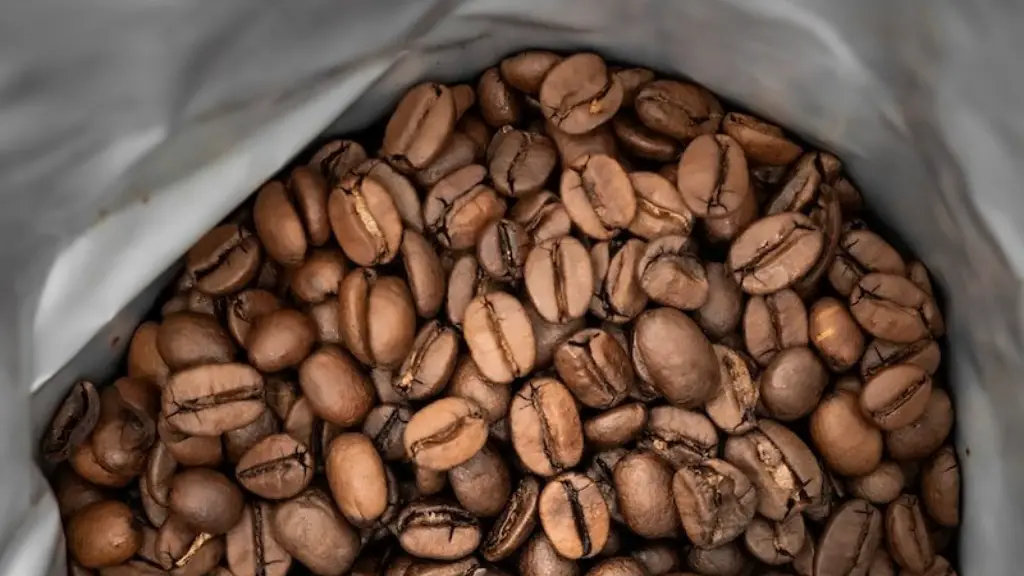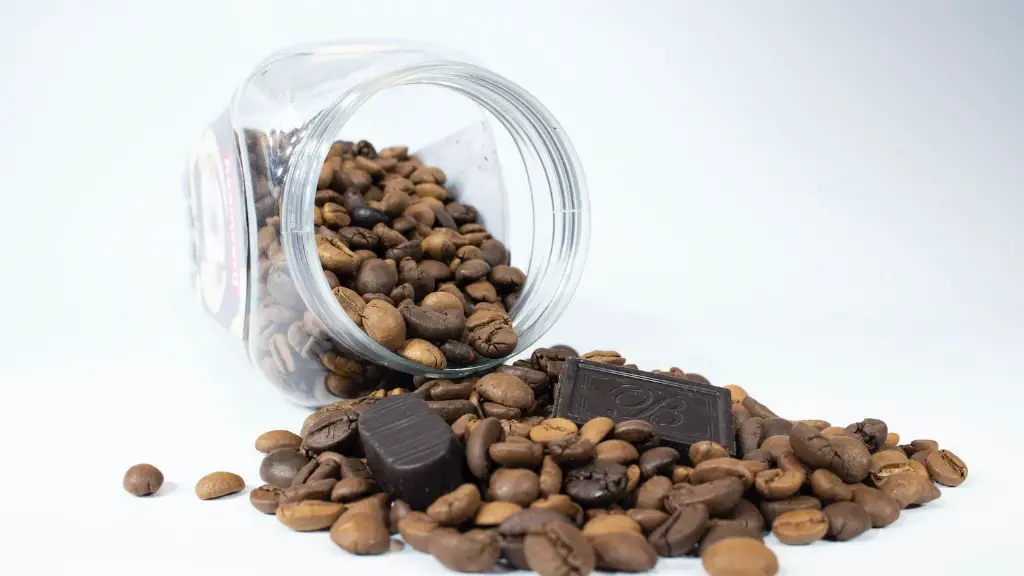Cuppa Joe and the Feminine Side
Coffee – all over the world, it is the most favorite and consumed therapeutic beverage. An ever-growing culture and a staple of modern-day life, the caffeinated brew has established itself as a worldwide recurring routine. What about that special time of the month for a woman? Is it ok to integrate coffee in that week as well?
Caffeine, being a powerful stimulant, affects different metabolic pathways. Caffeinated drinks are considered healthy in moderation, and are shown to have positive impacts on cognitive functions. It is assumed that drinking coffee while having a period is not good, however, the recent studies suggest that it could actually be a helpful solution to providing relief from period cramps, as caffeine is known to reduce the intensity of muscle contractions.
Still, it is important to keep in mind that all women are different and that particular medical history should also be taken into consideration. There is an ongoing research that investigates on the impact of caffeine prior, during, and after a menstrual cycle. Although significant improvement has been noted in symptoms associated with PMS, it is yet to be determined if only caffeine alone is beneficial or the combination of dietary changes and exercise.
When it comes to caffeine intake while having a period, the bottom line is that everyone is different. Some women might have no problems while drinking coffee and won’t experience any drastic changes while other women may find that drinking coffee upsets their stomach or creates other adverse side effects.
The key is to pay attention to your body. Expert nutritionist Rita Mice advise that the general suggestion for women who are looking to gain relief from premenstrual discomfort is to drink a hot cup of organic, fair-trade, and black coffee. However, drinking coffee during your menstrual cycle is not encouraged in the case you are already feeling anxious or when your cycles include a heavier flow.
Determining Your Caffeine Intake
With women being more prone to health problems such as anxiety and insomnia, it is a must to consider how caffeine affects your menstrual cycle and overall wellbeing. It is important to take into account various advice and health tips when drinking coffee while you are on your period. While some women report feeling jittery and generally uncomfortable after drinking coffee, other women feel just fine after consuming their favorite brew.
Experts suggest that if you choose to drink caffeinated beverages during your period, aim for 2 to 3 cups maximum per day, preferably organic coffee. Try to make sure that you drink coffee without adding anything else, such as sugar or cream, to get the maximum benefit of coffee’s natural properties – caffeine and antioxidants.
In some situations, drinking coffee can have an inverse effect. Generally, any drastic changes in hormones, body temperature or other physiological responses should be taken into account. It is recommended to avoid drinking too much coffee, or coffee that is strong, if you are experiencing bloating, constipation, or headaches.
The Effectiveness of Caffeinated Products
When it comes to PMS, caffeine has been one of the favorite treatments for some time now. This is because it is known to have a stimulating effect in the body, target different physiological processes and boost energy levels. It is thought to decrease the intensity of period cramps.
However, it should be noted that drinking coffee during the menstrual cycle might provide physical relief, but it is not good for mental wellbeing. Caffeine, just like any other stimulant, could increase anxiety and mood swings, which can be problematic.
Some people also report that caffeine can trigger insomnia and jittery side effects. Therefore, it is wise to be mindful when drinking coffee while being on a period. It is also helpful to add herbal teas, or other naturally caffeine-free beverages, to drinks and snacks throughout the day.
Replacing Coffee as A Solution
Any stimulant beverages, like coffee, can disrupt your sleep. For this to be avoided and for the PMS to be more bearable, it is advised to replace the morning cup of joe with a cup of herbal tea. By making this alternative choice, you can conveniently avoid the unpleasant physical effects that caffeine can leave behind.
Green teas, such as matcha and spearmint, are known to be rich in vitamin D which can be beneficial for headaches and period pain. Consuming chamomile tea is also recommended for its calming effect.
Nutritional Considerations
It is important to consider how caffeine intake affects the overall health of your body while on your period. During a menstrual cycle, the body needs an adequate quantity of essential fatty acids and other nutrients. Therefore, experts recommend taking a multivitamin with minerals, as well as a good quality fish oil or omega-3 oil, to help with fatigue and headaches.
Different types of food can help women cope better with the painful cramps and bloating which usually come along with the menstrual cycle. It is suggested to focus on protein-rich foods such as lean meats, fish, nuts, and eggs. Eating high-calcium foods, such as yogurt and leafy greens, is also helpful for reducing symptoms of PMS.
Physical Activity and Exercise
Physical activity during a menstrual cycle is beneficial, as it can reduce the intensity of menstrual cramps and alleviate PMS symptoms. Regular exercise is a great way to treat PMS naturally. It can help to reduce stress and improve your mood, to therefore make the period blues more bearable.
Yoga is known to reduce pain and discomfort throughout the body, including the lower abdominal area, while at the same time increasing the ability to focus and relax. Tai Chi and Pilates have also proven to be beneficial to treat PMS. Playing any type of sport is also recommended due to its endorphin-boosting effect.
Alternative Treatments
Apart from consuming caffeine, there are also other alternative treatments that some people suggest for managing PMS. Acupuncture is a traditional Chinese practice which uses needles to stimulate certain points in the body in order to balance the energy levels. It has been suggested that acupuncture can help alleviate the symptoms of premenstrual syndrome.
Herbal remedies are also popular among women that are looking for a more natural way to treat their menstrual cycle symptoms. For instance, taking chasteberry, which is known to balance hormones and support a regular cycle, or peppermint oil, which has been used as an antispasmodic to treat cramps, can be helpful to alleviate period pains.
Listening To Your Body
The best way to navigate your period is to always listen to your body and practice healthy self-care. Integrating regular exercise to your daily routine, eating healthy meals, and getting enough rest are all essential to live a balanced life and promote wellbeing and wellness.
It is important to note that all women are different. Thus, it is important to find out which treatment is most suitable for you. If in doubt, always contact a medical health practitioner for advice and tips. With the right approach and the tips provided this article, relief from menstrual cramps can be within reach.


